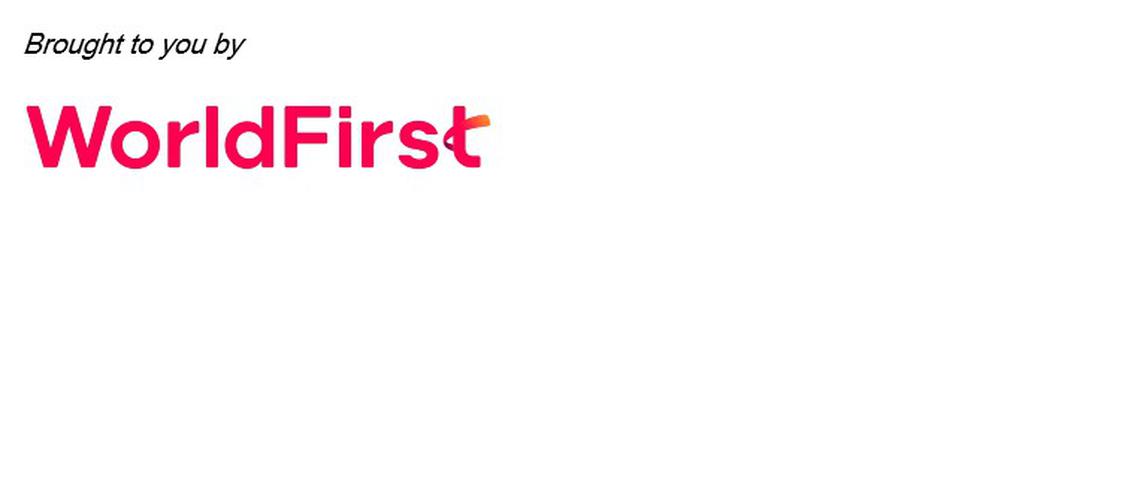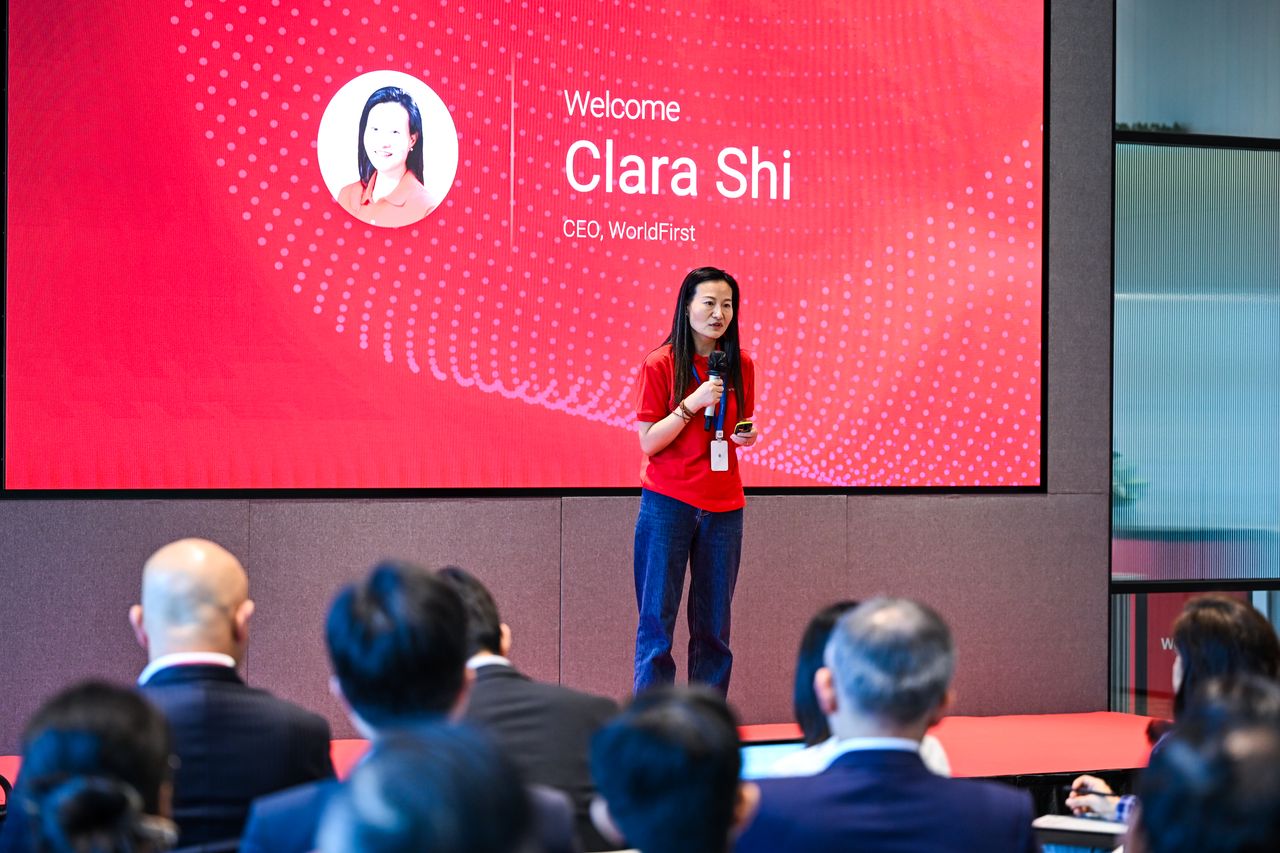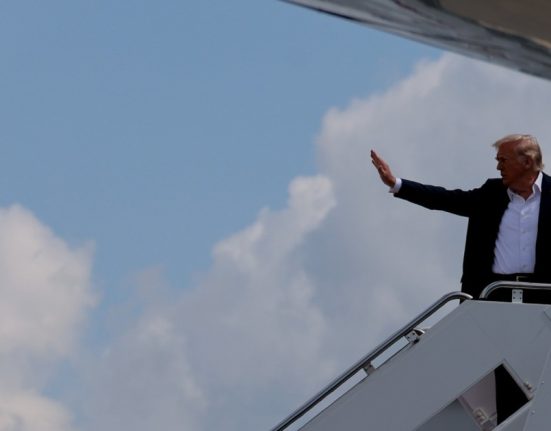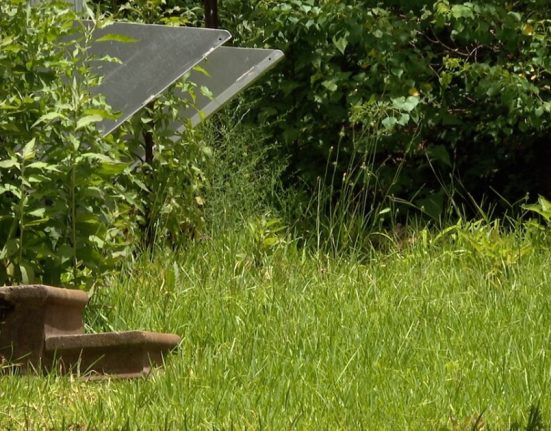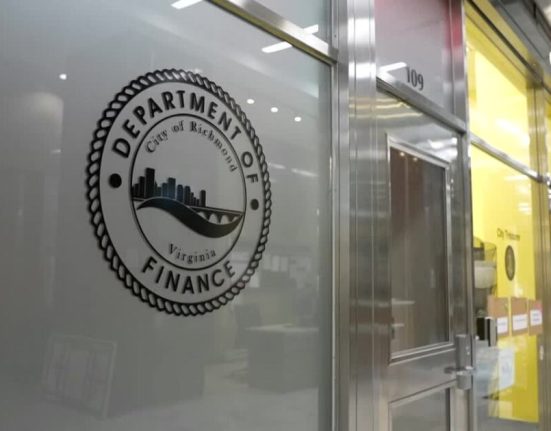Alvin Huang, the founder of Singapore-based Truegenics, a company specialising in health and beauty products for the US market, first discovered WorldFirst in 2017.
Although initially unsure about using fintech for cross-border money transfers, he was later convinced after his company saved six figures, thanks to the global payment platform’s competitive foreign exchange rates.
“We explored a few of its competitors, but we are still using WorldFirst today because the platform and service have been seamless and reliable,” says Huang.
Enabling global payment coverage for SMEs
Over one million merchants worldwide, including Truegenics, have used WorldFirst’s one-stop global business account to access simplified and secure cross-border business payments available in over 200 countries and regions across the globe.
With WorldFirst, small and medium-sized enterprises (SMEs) and e-commerce merchants can open a cross-border business account online in just minutes. The account allows them to pay in over 100 currencies to more than 200 countries and regions, collect payments in over 30 currencies, manage currency exchange on their terms and access treasury management functions.
The global payment coverage available to SMEs is powered by WorldFirst’s long-time and expanding partnerships with dozens of leading international and regional banks. WorldFirst is a key business pillar of Singapore-headquartered Ant International.
A NEWSLETTER FOR YOU

Friday, 8.30 am
SGSME
Get updates on Singapore’s SME community, along with profiles, news and tips.
Clara Shi, chief executive officer of WorldFirst and vice-president of Ant International, says, “The partnerships make it possible to adapt and integrate banking services into a global business account tailored to the needs of growing SMEs so they can do business worldwide.”
Among WorldFirst’s bank partners, eight are globally systemically important banks, such as J.P. Morgan, Barclays, HSBC and Citibank. In Singapore, DBS is one of the payment firm’s partners.
For e-commerce sellers, WorldFirst connects them to over 130 global marketplaces and offers green-lane store opening within one day on nearly 30 e-commerce sites.
Unlocking growth for both banks and fintechs
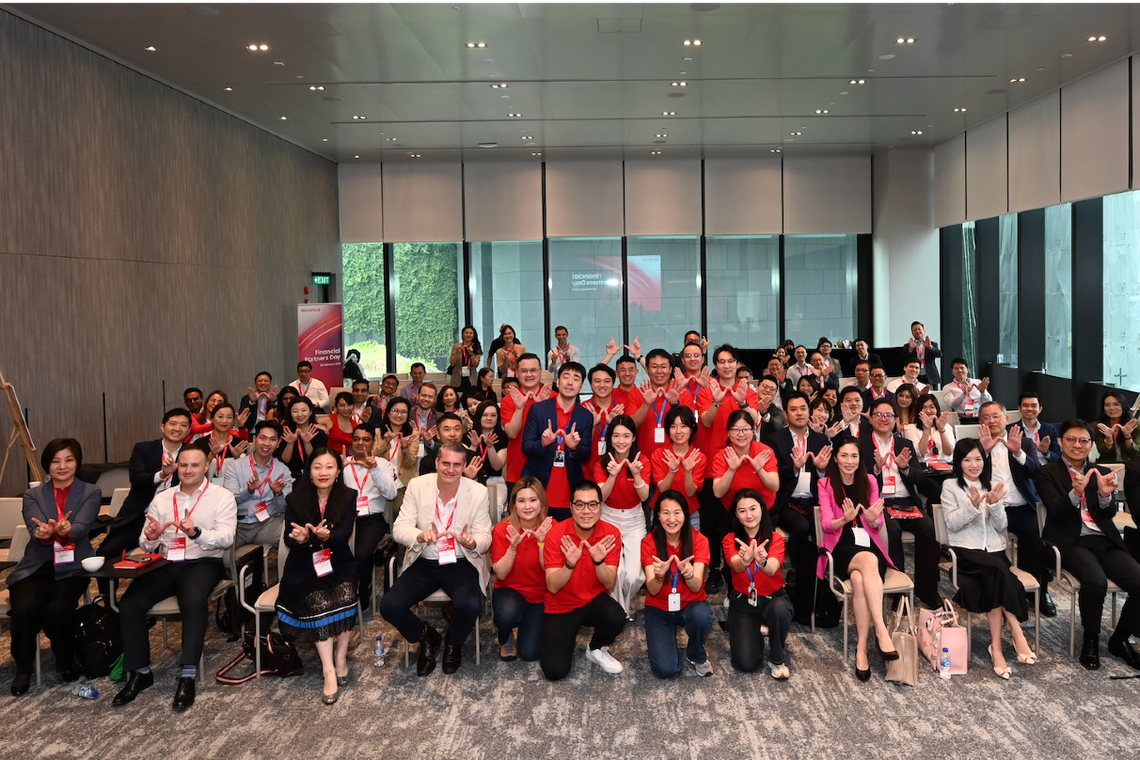
In the cross-border payments space for SMEs where WorldFirst operates, Shi says there are many opportunities for cooperation between fintechs and banks.
“Our target customers are not the usual target customers for banks,” she says. “Banks typically don’t prioritise this segment of the market.”
Large international banks have cost structures that are too high to effectively serve smaller customers, while local banks lack the networks to connect SMEs with buyers and suppliers in faraway lands.
But by working with banks, fintechs like WorldFirst “are actually unleashing a new market for them”, Shi adds. This positions global fintech platforms like WorldFirst as a leading service provider for SMEs with cross-border operations.
In February 2025, WorldFirst hosted a Financial Partners Day event in Singapore with attendees from nearly 30 banks to discuss how to advance cooperation between fintechs and banks.
When asked about how banks can support and be involved with WorldFirst, Shi says: “We can work together to further improve offerings for SMEs.”
WorldFirst’s collaborations with banks have played a pivotal role in enhancing its services for SMEs, including expanding the number of supported payout currencies from 40 to over 100.
Shi says WorldFirst can offer competitive rates to SMEs because it is able to consolidate business volumes to get wholesale pricing from the banks. “We then give the wholesale pricing to our merchants instead of the retail pricing,” she adds.
WorldFirst customers can also use forward contracts to lock in exchange rates for up to 24 months, reducing foreign exchange risks as they navigate global markets.
In 2025, WorldFirst will partner with banks to roll out more value-added services to new international markets.
“These value-added services further enhance the comprehensive suite of products we provide through our one-stop global business account,” Shi says.
In 2024, WorldFirst processed US$100 billion (S$133 billion) worth of transactions, a four-fold increase from 2020. Founded in London in 2004, it became part of Ant International in 2019.
The future of fintech-bank collaboration
Looking ahead, Shi says the increasing adoption of open banking is transforming the landscape by enabling financial information to be shared seamlessly between banks and third-party service providers through application programming interfaces (APIs) – creating new opportunities for collaboration.
Artificial intelligence (AI) represents another frontier that WorldFirst is already embracing across its operations to enhance risk management practices, improve operational efficiency and elevate customer service.
“The combination of open banking frameworks and AI technologies creates an ecosystem where fintechs and banks can work together to serve SMEs better than either could alone,” says Shi.
This collaborative approach exemplifies Ant International’s engagement with global banks, e-payment partners and industry platforms to drive financial inclusion and unlock growth opportunities for businesses of all sizes.
In addition to WorldFirst, Ant International also operates unified wallet gateway Alipay+, unified merchant payment solution Antom and embedded finance services, serving a total of over 90 million merchants across 200 markets.
Over the past several months, Ant International has continued to advance the boundaries of fintech-bank partnerships with new innovative projects, including cross-bank blockchain test transactions with HSBC, cross-border fund settlements through innovations in tokenised deposits with OCBC, as well as intra-group blockchain-based settlement of Singapore dollars with Standard Chartered.
Learn more about WorldFirst’s services here.
